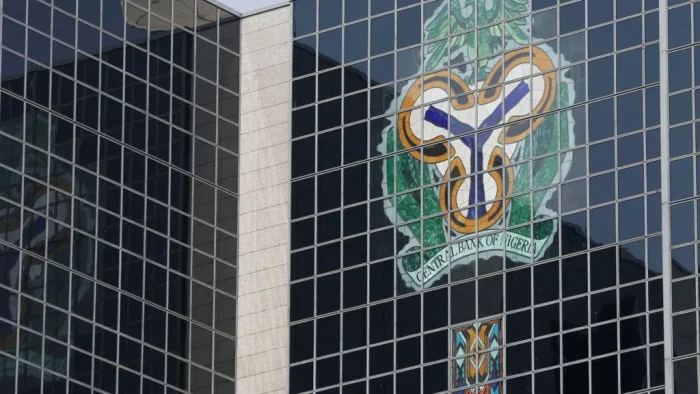Good morning, Mr President. I wish you the best of the new week. This morning, I bring to your notice the new naira note denominations, namely, 5,000 and 10,000. The issue has reared its ugly head in the media recently. The issue that gained attention in the new media was reported thus: “CBN unveils new N5,000 and N10,000 banknotes to enhance cash transactions.
Abuja, April 1, 2025 – The Central Bank of Nigeria (CBN) has officially announced the introduction of two new denominations – N5,000 and N10,000 banknotes – as part of ongoing efforts to streamline cash transactions and improve liquidity management. According to the Deputy CBN Governor, Dr Ibrahim Tahir Jr, the move is aimed at reducing cash-handling costs and providing Nigerians with more efficient means of conducting large transactions.”
However, it engendered a rebuttal from the CBN to the effect that there is nothing like that in the offing. According to the Punch of April 3, 2025, the Central Bank of Nigeria noted on its Instagram page that “The content is not from the Central Bank of Nigeria. Kindly note that the official website of the CBN is cbn.gov.ng”. The name dropped in the ‘fake’ report, namely, Ibrahim Tahir Jr, Deputy CBN Governor, the rebuttal said, was not known to the organisation.
The wise ones often say there is no smoke without fire. It is perhaps an elitist brainwave by the ‘interim wielders’ of state power, thanks to Wole Soyinka. They must have thought in the wildest of imagination that it would make it easy to exchange filthy lucre in their lives of deal-making, bribing and bribe-taking.
Mr President, recall that this issue under focus reared its grotesque head around 2012 under the Jonathan Administration. Then, it was not informed by any innovative monetary thinking, but for the ease of primitive accumulation of resources and buying of electoral fortune ahead of the 2015 election, in which he lost power to Muhammadu Buhari. The issue then stirred intense debate in the public sphere and with a heavy dose of criticism. Unlike the CBN’s present refutation, the then Economic Management Team defended the move. In September of 2012, the government endorsed the issuance of the N5,000 note.
The CBN governor sought to convince the incredulous public about the advantage, arguing that there is no relationship between inflationary spiral and currency denomination, but that instead it would help boost the value of the naira and dissuade people from storing money in hard currency who would be inclined to embrace the high denomination. Let us sum up the argument: Under the Jonathan administration, the reasons given are to wit: boost the value of the naira and dissuade storage of money in hard currency.
Under your administration, the ‘speculated’ or ‘fake’ reasons given are to reduce cash-handling costs and provide Nigerians with an efficient means of conducting large transactions. Mr President, it would seem to me that under the warped elite governing the country today, there is no deep thinking, and no envisioning of the big picture. Please make the difference.
Monetisation policy regarding the issuance of new denominations does not shore up the value of currency but production does. The moment you can reduce your dependency problem through an articulated production policy that embraces backward integration and meet the needs of the population, import would plummet, and with a domino effect on the foreign reserve or current account.
Equally, a hundred and two hundred naira notes would regain their value. In our voodoo economy, the moment the new denominations are issued, they become the new normal in the pricing spectrum. In other words, it would result in inflation. The latter occurs when a paper money loses its value manifesting in a steep rise in prices.
According to S. Nikitin, “All social strata and groups in the capitalist countries, and both politicians and public figures focus attention on the problems of inflation. The reason, he notes, “Under modern capitalism, inflation reflects the central contradiction of economic growth.
It plays a dual role: on the one hand, many of the deep going disproportions in the way capitalist economy operates are reflected in the actual development and intensity of inflationary processes; on the other hand, inflation is a powerful catalyst to the whole complex of both economic and political contradictions of capitalism.”
On storing naira in hard currency by the Nigerian ruling and merchant elite, the government is the first culprit. Government officials casually give gifts in dollars or hard currency. To me, that is failure of ethical governance and irresponsibility on the part of the governing elite to allow such practice. Hard currency is required for external transactions. Anyone who has substantially travelled the globe would admit that our country has so many things to offer than those countries they run to.
Today many countries are seeking to break away from the dollar hegemony; in other words, from the dictatorship of hard currencies. Mr President, issuance of new denominations, that is, N5000 and N10,000 notes, is not the way to go. God bless Nigeria.
Credit:The Guardian

